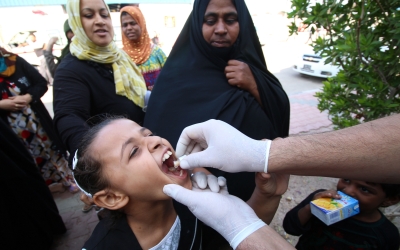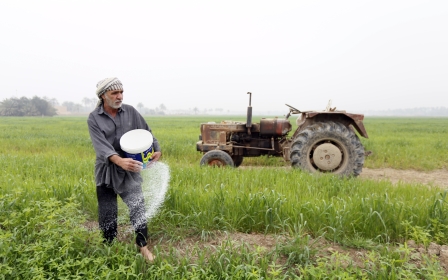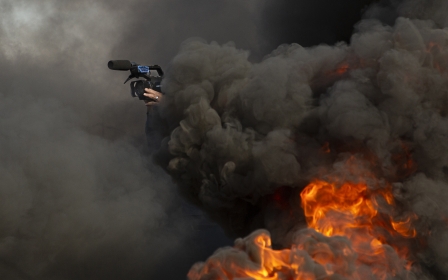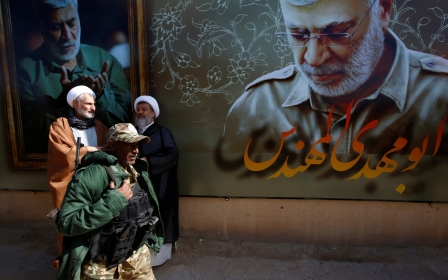Iraq records more than 1,000 daily coronavirus infections for first time
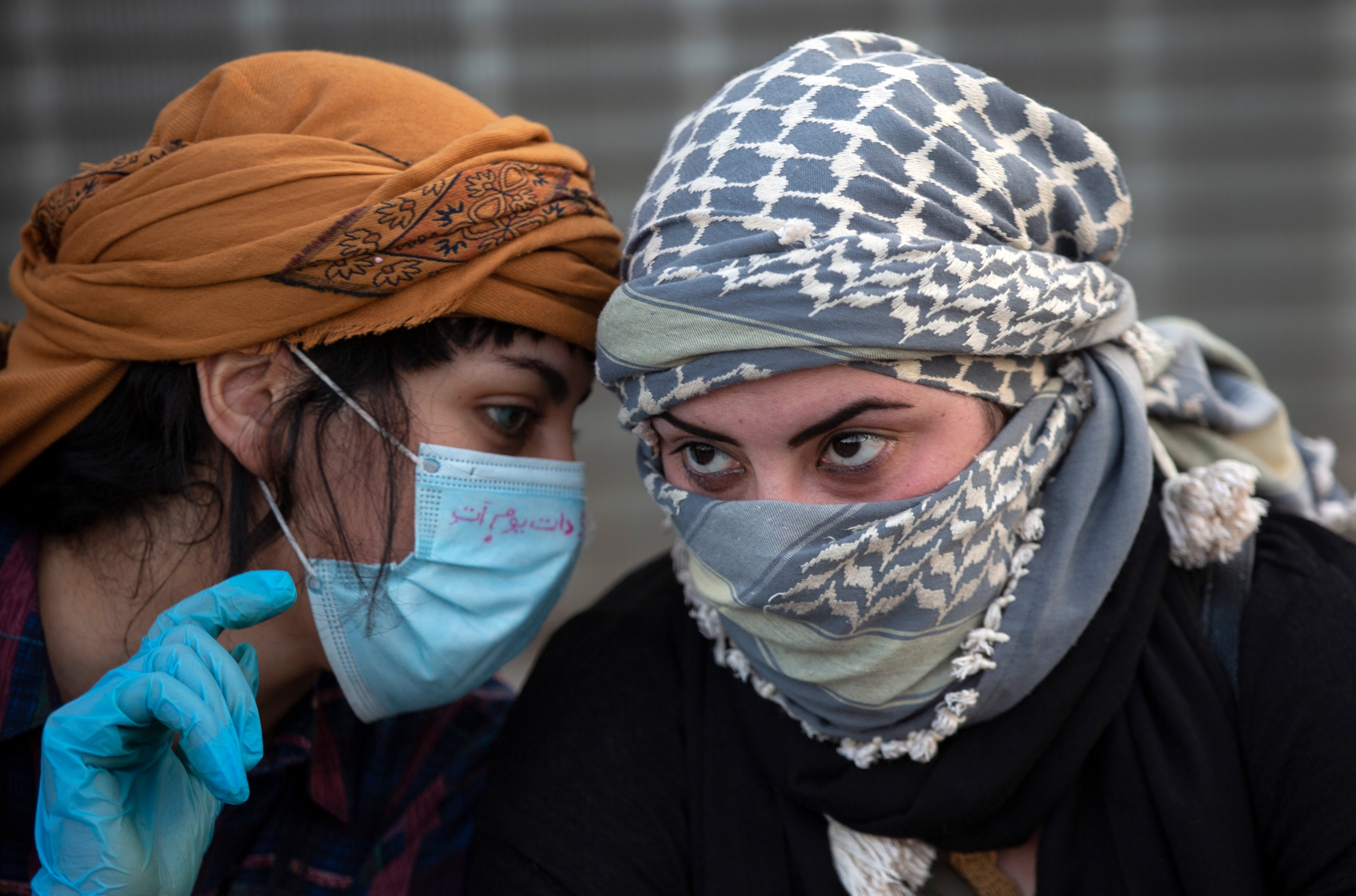
Iraq registered more than 1,000 cases of the coronavirus for the first time on Friday, as the rate of infections continues to rise rapidly in the war-ravaged country.
Figures released by the Ministry of Health showed that Covid-19 cases increased by 1,006 in the past 24 hours, bringing the total to 9,846.
The biggest increase was in the capital Baghdad, followed by Basra, figures showed.
The number of confirmed cases has tripled in the last three weeks, with the death toll currently 285.
Doctors in Iraq have repeatedly expressed fears that the country's health-care system may be unable to cope with a major increase in cases.
New MEE newsletter: Jerusalem Dispatch
Sign up to get the latest insights and analysis on Israel-Palestine, alongside Turkey Unpacked and other MEE newsletters
Ghaith Ghaffuri, an internist at the Shahid as-Sadi Hospital in Baghdad's Sadr City neighbourhood, told MEE in late March that if the total number of cases approached 10,000, it may be disastrous.
"If we get numbers like you get in the UK or in Spain or Italy, we will fall down," he said.
"It's all about the numbers – if the number rises to 10,000, let's say, we won't even have enough beds to put people in and of course we won't have the ventilators for badly infected people."
Lockdown reimposed
Compared with its neighbour Iran, Iraq had seemed less seriously harmed by the global pandemic.
In April, the government began easing a lockdown that was imposed in March, but following an unprecedented spike in new cases, it announced it would reimpose the measures over the weekend.
Iraqi Prime Minister Mustafa al-Kadhimi, following a meeting with the government's Covid-19 taskforce, said a nationwide curfew would be imposed until 6 June.
A similar lockdown had been imposed by the semi-autonomous Kurdistan Regional Government (KRG); it was also set to last until 6 June, but was lifted after protests erupted across the Kurdish region.
On Friday, the Health Ministry re-emphasised the importance of citizens adhering to guidelines to prevent the spread of the virus.
"Citizens should wear a mask outside the home or when mixing, and continue to wash and sterilise hands while wearing protective gloves," said the ministry in a statement seen by Al-Sumaria.
"The palm of the hand should not touch the nose, mouth or eye...adopt social distancing in all activities of daily life."
'No way to stand against it'
On Tuesday, Interior Minister Othman al-Ghanmi announced the formation of a special committee under his supervision tasked with following up on the quarantine measures implemented so far.
He warned that given the increasing number of cases, the measures imposed may last for months.
"The corona pandemic has started to spread and affect large numbers and there is no way to stand against it in the absence of a vaccine, except for a curfew and other protective and precautionary means," he said.
On Wednesday, protesters stormed the office of Dhi Qar governorate's health director, demanding that he resign over his handling of the coronavirus crisis.
The incident was captured on video, which was uploaded to Twitter:
#العراق — متظاهرو الناصرية يقتحمون مبنى دائرة صحة ذي قار، ويجبرون مديرها العام، د. عبد الحسين الجابري على تقديم استقالته، حيث بيّن المتظاهرون سبب ذلك «الاستجابة البطيئة وغير الفعالة تجاه فيروس #كورونا، وعدم افتتاح المستشفى التركي لاحتواء الوباء»#insm_iq
— Yousif al-Hashimi 🇮🇶 يوسف الهاشمي (@YousifHashimi) June 3, 2020
pic.twitter.com/dGMfohLe1M
Dhi Qar Health Director Abdul Hussain Al Jabri said he had offered his resignation, but that it was rejected by the governor and the Ministry of Health.
Middle East Eye delivers independent and unrivalled coverage and analysis of the Middle East, North Africa and beyond. To learn more about republishing this content and the associated fees, please fill out this form. More about MEE can be found here.


